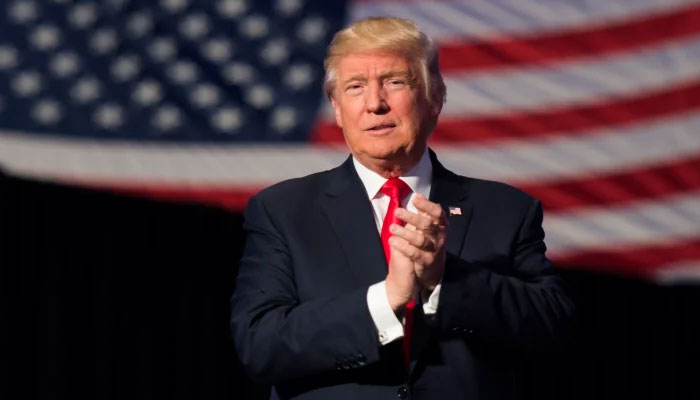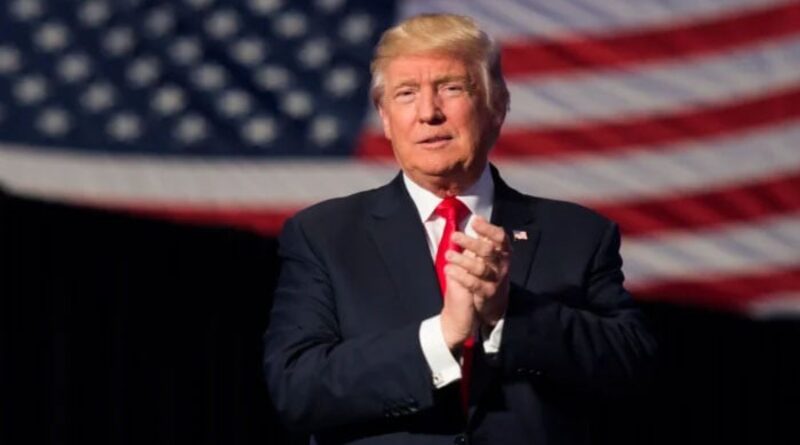Trump aides subpoenaed as grand jury proceedings shift to Florida

Former White House adviser Steve Bannon has been subpoenaed by special counsel Jack Smith as part of a grand jury investigating the January 6 insurrection.
Bannon, who was previously convicted of contempt of Congress for refusing to cooperate with the congressional committee investigating the January 6 events, has been asked to provide both documents and testimony. This separate grand jury in Washington DC is focused on the events of January 6 and is independent of the investigation into Donald Trump’s handling of classified documents at his Mar-a-Lago residence after leaving the White House.
The investigation into Trump’s handling of classified documents has been ongoing since early 2022 when National Archives and Records Administration officials discovered over 100 documents with classification markings in a set of 15 boxes of Trump administration records retrieved from Mar-a-Lago. Special agents conducting the search found 103 documents with classification markings, including some marked as “top secret,” “secret,” and “confidential.”
These documents were found in Mr. Trump’s personal office. Federal prosecutors have formally informed Trump’s lawyers that he is a target of the criminal investigation examining his retention of national security materials at Mar-a-Lago and potential obstruction of justice.
The recent subpoena of Bannon and the notification to Trump’s lawyers raise the stakes in the investigation as it appears to be nearing its conclusion. The investigation has taken evidence before grand juries in both Washington and Florida, with the latter being impaneled last month. Prosecutors have developed evidence of criminal conduct at Mar-a-Lago and have decided that any indictments should be charged in the southern district of Florida, where the resort is located, rather than in Washington.
The impaneling of grand juries in different jurisdictions is related to the perceived location of the crimes. In this case, prosecutors have evidence of criminal activity at Mar-a-Lago, which is why the Florida grand jury was impaneled. The investigation focuses on Trump’s retention of national security material and whether he was still president when the documents were moved to Mar-a-Lago, potentially making his “unlawful possession” begin in Florida.
If prosecutors have evidence that Trump knew he had retained national security documents after he left office at Mar-a-Lago, it could present hurdles to charging Espionage Act violations in Washington.
The venue for an obstruction of justice charge is more difficult to determine. Section 1519 of the US criminal code, which prosecutors listed on the affidavit for the Mar-a-Lago search warrant, provides little guidance on how it should be applied. Generally, the venue for obstruction charges depends on where the impeded proceeding was taking place. In this case, the subpoena demanding the return of classified documents was issued in Washington. However, the US Court of Appeals for the DC Circuit has ruled in previous cases that the correct venue is where acts of obstruction occurred.
If prosecutors are considering obstruction charges for Trump’s attempts to conceal classified documents after the subpoena, Florida could be the venue.
The ongoing investigations into Trump’s handling of classified documents and potential involvement in the January 6 insurrection have significant implications for him and his associates. The testimonies, subpoenas, and decisions regarding venue will ultimately determine the legal consequences.
As the investigation progresses and moves closer to its conclusion, the charges that may arise from the grand juries in Washington and Florida remain unclear.

